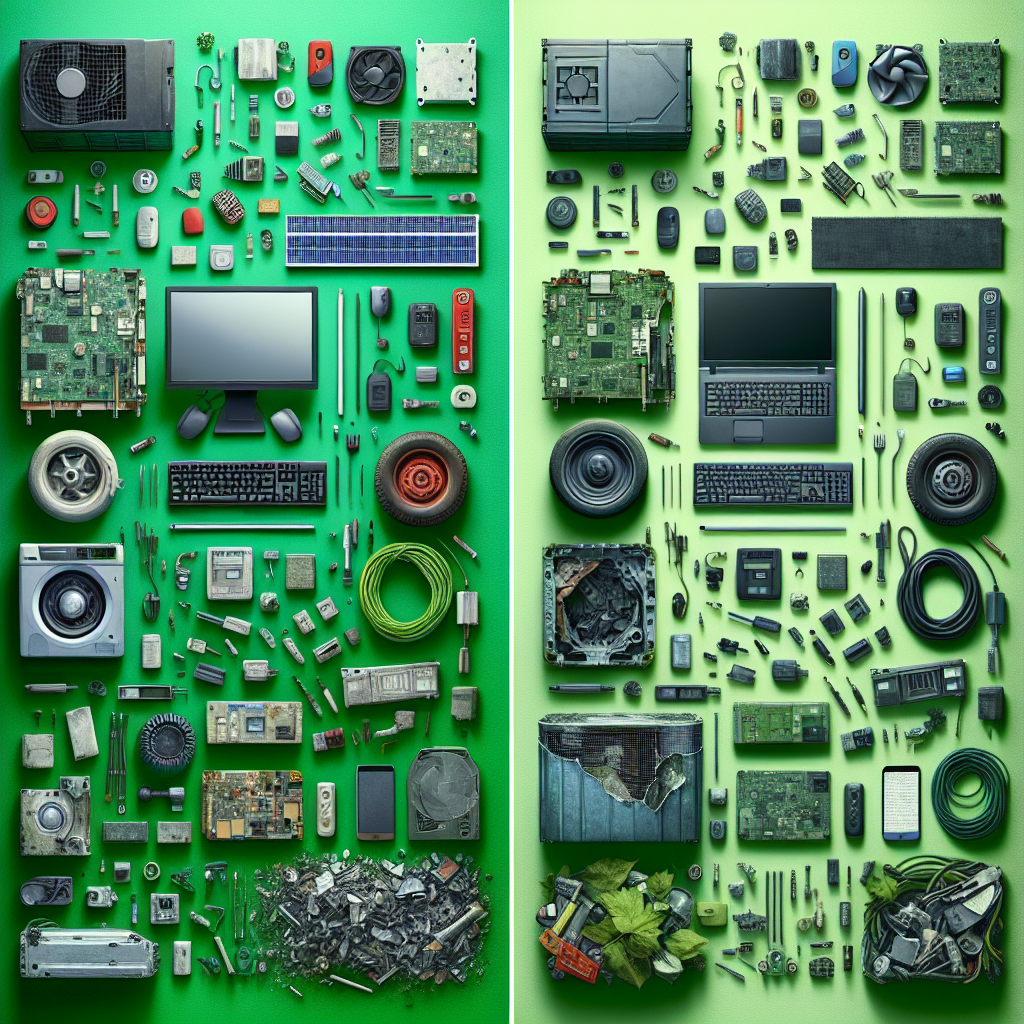Blog Ecobraz Eigre

Electronic Waste: How to Know if an Item is Reusable or Not
Electronic waste management is a critical issue in the current context of sustainability and environmental responsibility. Identifying whether an electronic item is reusable or should be discarded requires a thorough evaluation of its functional condition, repair possibility, and compliance with environmental regulations. This article addresses the technical criteria for defining reuse, highlights the importance of proper disposal, and provides guidance on safe procedures for sensitive items such as hard drives (HDs) and digital media.
Criteria for Evaluating the Reuse of Electronic Equipment
The first step in determining whether electronic equipment is reusable is to assess its functional state. If the item is still operating within its original technical parameters or can be restored with a viable cost-benefit ratio, it can be refurbished for new use. Equipment with replaceable parts, no severe structural damage, and no immediate technological obsolescence are candidates for reuse.
According to Law No. 12,305/2010, which establishes the National Solid Waste Policy, proper management of electronic waste should prioritize reuse and recycling, preserving natural resources and minimizing environmental impacts.
Environmental and Regulatory Aspects
Improper disposal of electronic equipment can release toxic substances such as heavy metals and chemical components, whose mishandling poses risks to the environment and public health. The National Information Network on Solid Waste Management emphasizes the necessity of controlled practices for packaging, transport, and final destination of these wastes.
When the Item Is Not Reusable
Electronics that are irreparably damaged, technologically obsolete, or with heavily degraded components should be sent for recycling or controlled disposal. Recycling allows the recovery of valuable materials, reducing the extraction of natural resources and the volume of waste sent to landfills.
Procedures for Safe Disposal of Sensitive Devices
Devices that store data, such as hard drives (HDs) and other digital media, require specialized treatment to ensure the secure elimination of information and avoid cybersecurity risks. The sanitization procedure should follow specific protocols for the permanent removal of data before physical disposal.
To schedule specialized safe disposal services for HDs and digital media, it is recommended to use certified providers, ensuring compliance with regulatory requirements and information confidentiality.
The Importance of Proper Electronic Waste Collection
To ensure the correct destination and valorization of reusable or disposable items, specialized collection plays a fundamental role. Reverse logistics should be organized to allow collection and forwarding in accordance with current regulations.
Certified electronic waste collection services are essential to comply with environmental legislation and mitigate the impacts of improper disposal.
Conclusion
Determining whether an electronic item is reusable involves precise technical analysis and alignment with current environmental regulations, such as the National Solid Waste Policy. Items in adequate condition can be reused, while non-compliant items must be safely disposed of to minimize environmental and information security risks.

Deixe um comentário
O seu endereço de e-mail não será publicado. Campos obrigatórios são marcados com *